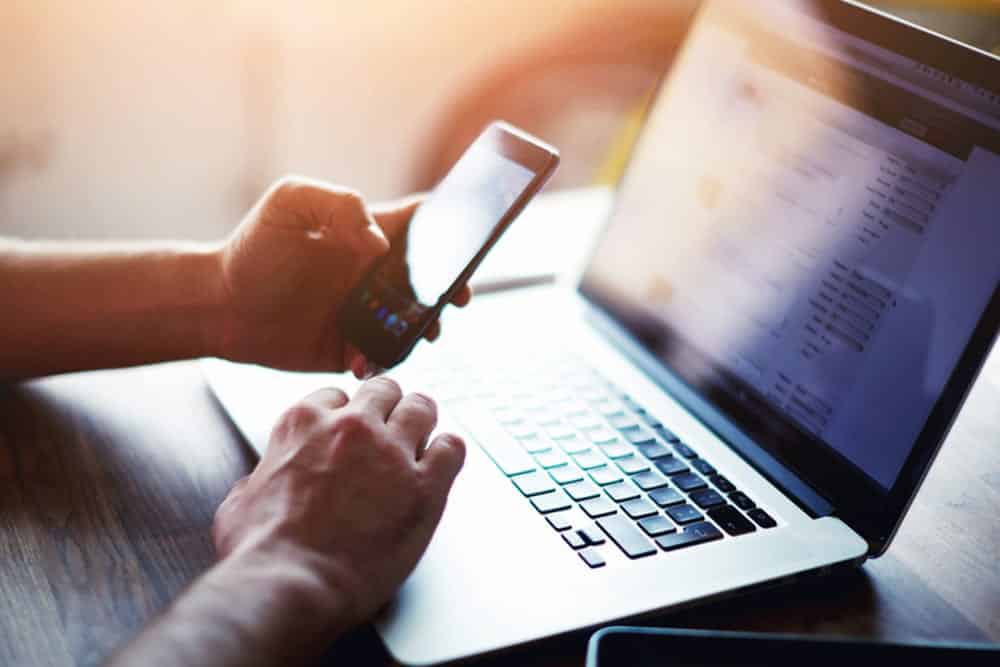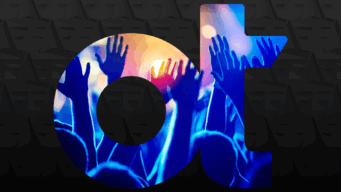What is the purpose of social media? This is a fitting question with the massive amounts of posts, pictures, and videos that we are uploading online every day, and one that we seem to forget at times. It seems to serve as a journal, a news feed, and a sales platform all at the same time. What exactly is it about social media that has captured so much of our time and attention, and have we strayed from its intended use?
The most obvious use of social media is, of course, to help people stay connected, collaborate, and share information. In this capacity, it is extremely effective. People that live in different cities, states, countries, or continents can communicate easily with social media at the touch of a button. We can stay constantly updated on the life of a loved one who lives thousands of miles away, without even having to make an occasional phone call. We receive life updates from people who we would have otherwise known very little about. Group video chats greatly facilitate collaboration from long distances. Content can also be sent to thousands of followers by marketing teams in a split second.
Through all of this, we let people know that we are here, eagerly awaiting their every post, by giving out likes, retweets, and reshares – which have become a kind of virtual and social currency.
But how much is a like on social media worth, and what effects has social media had on our society? A study done by Kaspersky Lab gives us three valuable insights.
Validation via Social Media
“I’ve talked to nearly 30,000 people on this show and all 30,000 had one thing in common. They all wanted validation.”
– Oprah Winfrey on her final show
People use social media as a forum for gaining social validation. Two thirds of social media users worry about the amount of likes that we get on a social media post. This fact makes sense because as human beings, we love validation. It feels great when your boss tells us our work is good, or when we receive a compliment. Only one third (31%) of people are not concerned about the number of likes they receive for their posts.
This leads to a potential misuse of social media. Instead of simply connecting us, posting news updates and sharing life’s joys, social media evolves into a quest for social validation, where our individual worth is gauged by the number of “thumbs up” under our pictures. When we focus too much on the validation factor of social media, we may find that social media hinders our quality of life. In fact, The study shows that lack of validation leads to negative emotions:
- 54% reported being negatively affected when few or no people liked or commented on their new posts
- Over half reported a negative mood when an important person ignored or didn’t see their post.
- 57% have felt their life is lacking when seeing how great someone else’s life appears on social media
- 42% felt jealous when a friend gets more likes
If social media is meant to improve our life, why all the negativity? Validation is great, and adds an interesting aspect to social media, but should not be its main purpose. 40% of people reported an improved mood when they see happy, positive, or funny posts on social media. By focusing on these posts and by making social media a forum for positivity, the negative effects can be avoided.
Anti-Social Media
Social media impacts the relationships people have in the physical world: One third of the respondents to the survey admitted that they now communicate less with their parents (31%), children (33%), partners/spouses (23%), friends (35%), and colleagues (34%) because they can see them and communicate with them via social media.
We mentioned earlier how social media allows us to follow the lives of our friends without necessarily having to talk to them. While this is an advantage which allows us to stay up to date with more people, the statistic above shows that communication is lacking with the people we care about most. In short, we have more – but weaker – connections. Social media is great for staying connected, but does not have the same relationship building qualities that face to face communication does. It helps maintain connections but does not build them.
In our quest to build a social network and maintain as many connections as possible, we should never forget that the best way to build a real, lasting, and healthy relationship is by actually spending time with someone.
Risks of Social Media
In striving to receive more likes on social media, people can actually put themselves and their loved ones at risk by disclosing private information: 37% share their home town, 31% share their email address, 30% share their relationship status, 18% share details of their place of work and 14% share their address.
Think about it: if somebody wanted to commit a crime – for example, a house burglary – where would they go for information? It is likely that via social media, they could find a picture of your house, learning a general layout. Posts meant to give a general update on life could provide a schedule, or even when the whole family is out of town on vacation. Those two elements in hand, the burglary will be greatly facilitated. This is a great risk presented by social media.

Another risk is that private or sensitive information could be shared without your permission or against your will. This is relevant in business, where leaked sensitive information could poorly affect the bottom line. The report shows that one source of discontent of social media is when others share information or pictures about or of us that we don’t want the public to see. These can cause personal stress and have a negative effect on business.
Social media has become an important tool for business functions, but it is important to understand these (and other risks) involved. Check out our related blog post about social media: Social Media in the Workplace: The Risks.
We are generally careful about sharing private information, but social media is a weak point. Our quest for likes can lead us to be careless about information that we are putting out there. This could put you, your employees, or your business at risk.
Summary
Social media is a great tool, and has opened doors and possibilities that were unimaginable just two decades ago. Paired with richer forms of communication – such as face to face – it can be very useful and beneficial to society. It cannot, however, serve as a replacement. When we depend too much on social media and give it too much importance, our relationships suffer, we are less happy, and we expose ourselves to unnecessary risks.
Our Mission
At Micro Focus, we are committed to making all communication safe. Information is empowering, and communication is how we share that power. By improving methods of secure communication, we can collaborate more and improve the quality of life and business. Retain is a product which facilitates safe and compliant communication. Industry regulations require that businesses archive and secure all electronic communications, including social media. Retain satisfies these requirements by capturing all social media posts, images, and messages and storing them in one secure and searchable archive. Should your company become involved in litigation, all necessary information will be archived and at your disposal. Retain also mitigates the risk of social media by informing you of potentially dangerous posts before they are uploaded, preventing sensitive information from landing in the wrong hands.



